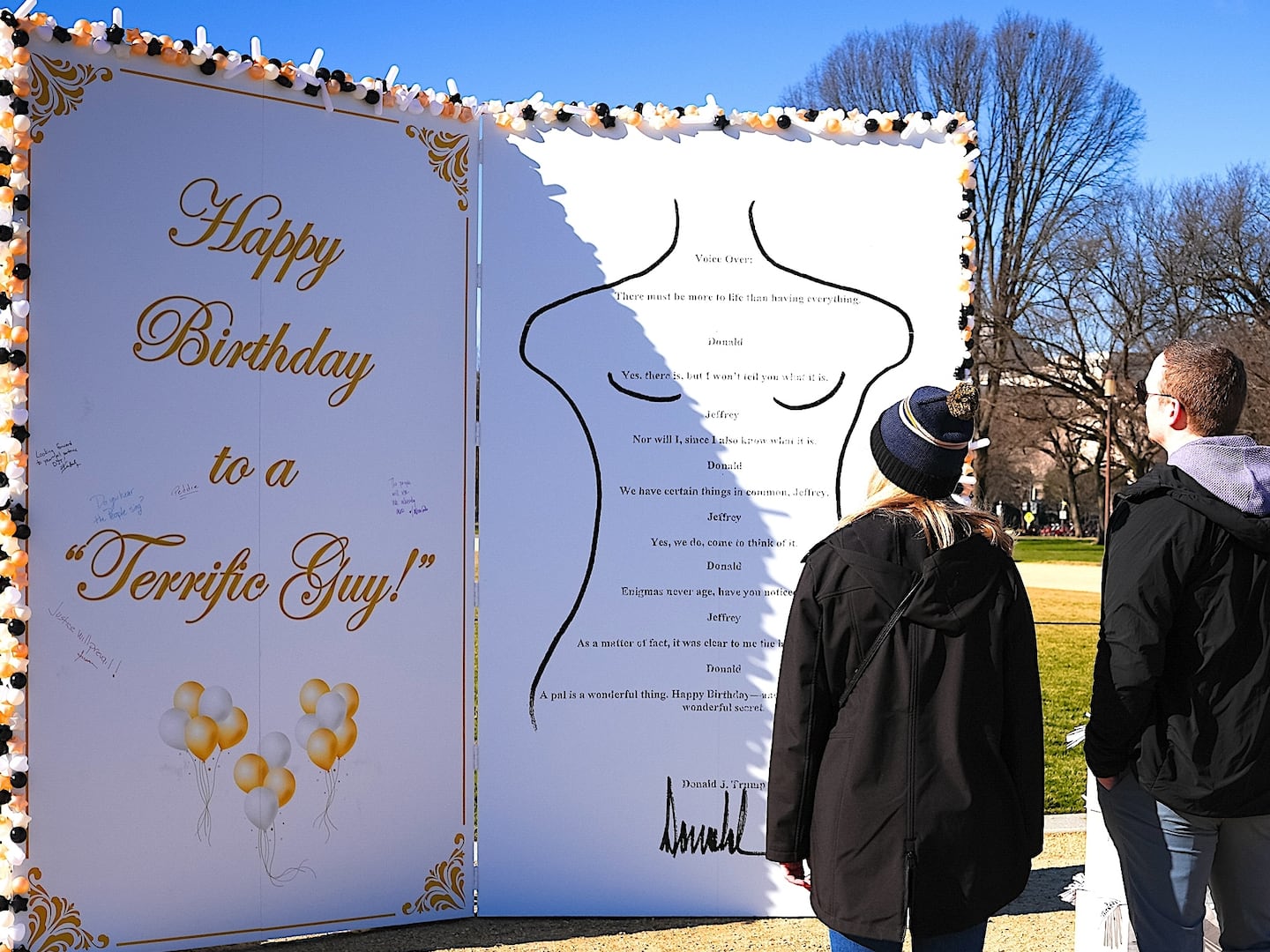Last week, Congressional Republicans forced an exasperated President Obama to acknowledge the death—or at least the needless delay—of yet another policy reform in the national interest. One striking feature of the immigration debate has been lost in the lamentations and finger pointing: religious leaders’s near-unanimous support for comprehensive immigration reform.

The politics of America’s faith leaders are as diverse as the manifold sects and theological orientations they represent, making widespread political agreement among them rare. Most social movements of the past found faith leaders on both sides of contentious issues. Churches split over slavery. Protestants fought Catholics over Prohibition. Some Christians opposed the Civil Rights movement while others marched and advocated for racial equality.
Today, religious arguments abound for and against cultural changes concerning gender roles and sexuality. Though enthusiasm for capital punishment is declining and religious opposition is strong, many prominent faith leaders continue to defend the death penalty. Since Vietnam, religious groups have been sharply divided over the United States’ military campaigns.
Most faith traditions have lobbies in Washington advocating for their priorities in the public square. In our current configuration of religious interest groups, we find significant overlap with party politics. Mainline Protestant elites are overwhelmingly liberal, and join ethnic minority faith groups in supporting the Democrats on most issues. White evangelicals and Latter-Day Saints are uniformly in the GOP camp. The U.S. Conference of Catholic Bishops and a smaller group of moderate evangelicals are the most legitimately nonpartisan, supporting conservative policies on human sexuality and siding with liberals on most everything else.
It’s significant, then, that religious leaders are nearly unanimous in their support of immigration reform. Mainline and black Protestants rarely regard Southern Baptists and Mormons as political allies. Yet leaders from all these faith traditions and many more supported the bipartisan bill that the Senate passed 68-32 in June 2013.
Perhaps some of this unanimity arises out of practical concerns. Immigrants play a vital and growing role in American congregations. This trend will only accelerate as whites lapse at higher rates than nonwhites. In recognition of the family cohesion and human dignity issues at stake, however, faith leaders of all stripes joined hands with each other and with law enforcement and business groups to seek House action on the Senate-passed bill.
Faith-based advocacy organizations in D.C. tend to cluster into like-minded groups. Evangelicals work together on life and marriage issues, Mainliners work together on peace and justice issues, etc. Each side teams up with the Catholic bishops when they can. Coalitions frequently emerge within, but not always between, these categories.
The National Immigration Forum connected religious advocates to the broader reform coalition. The Forum’s breadth is reflected in its board, which draws from diverse immigrant, business, and religious groups. Ali Noorani, the Forum’s executive director, helped bring the faith community into partnership with advocates like the U.S. Chamber of Commerce and media mogul Steve Case. An ad hoc network, Bibles, Badges & Business, represents the diversity of the pro-reform lobby.
If not for the involvement of conservative evangelicals, the religious coalition on immigration reform would have looked like it does on most other issues of economic justice: mainline and ethnic minority Protestant groups joining Jewish and Catholic organizations in supporting policies to protect the poor and vulnerable in the face of silence—and, not infrequently, opposition—from the Christian right. Though the political and theological distance between conservative and moderate evangelicals has grown considerably over the past generation, prominent leaders and groups from both camps formed another ad hoc organization, the Evangelical Immigration Table, to underscore their shared commitment to honor the Bible’s clarion call to welcome the stranger.
This near-unanimous coalition included, of course, Hispanic evangelicals, a group growing in size and influence, and one which naturally has the most visceral personal connections to the immigration issue. The Rev. Gabriel Salguero and the Rev. Samuel Rodriguez, both well known among Hispanic evangelicals as pastors and activists, have broadened their national prominence as faith leaders urgently advocating for immigration reform.
In spite of this dynamic coalition, nativist House Republicans hamstrung their impotent Speaker into notifying the president that immigration reform is dead. How can this be?
That the House GOP would defy not only business interests, but also their core constituency (white evangelicals) and a growing demographic (Hispanics) for whose votes they should aspire to compete shows how far the ruling Tea Party wing of the party has strayed from sane politics and practical, Main Street conservatism.
Immigration’s failure adds credence to Thomas Mann and Norm Ornstein’s argument that the rightward shift of the Republican Party has hampered effective governance. These longtime D.C. analysts argue that extremist influences cause the GOP to refuse even modest compromises and prevent majorities of the people and their representatives from enacting sensible policies and reforms.
To the chagrin of my friends who have labored so tirelessly on immigration reform, I agree with others who argue that, at least among white evangelicals, it has been more of a top-down effort than a grassroots movement. Some rank-and-file evangelicals may have switched their position or even advocated for reform. But in the aggregate, immigration reform is not a salient issue for white evangelicals. Obviously, few Republican congressmen fear losing voters over opposing it.
Republicans are having a vigorous debate about whether or not to make serious appeals to the growing Hispanic electorate. Some argue that the idea that Hispanics are a swing constituency is an illusion. In that case, the best plan is to maximize the white vote and to avoid naturalizing immigrants. This line of thinking may have merit in the very short term, but is perilous for the GOP’s future. Sen. Lindsey Graham (R-SC) and others argue that if the GOP blocks immigration reform, it hurts its electoral prospects in 2016 and beyond.
The truth is that, for all religious advocates’ work on immigration reform, electoral considerations and ideological preferences are paramount for Members of Congress. Even so, faith leaders deserve our thanks for their commendable advocacy on behalf of a mostly voiceless, often invisible constituency. As broken as our politics have become, it may be a good idea to keep these leaders around. Maybe they know someone who can help us.






